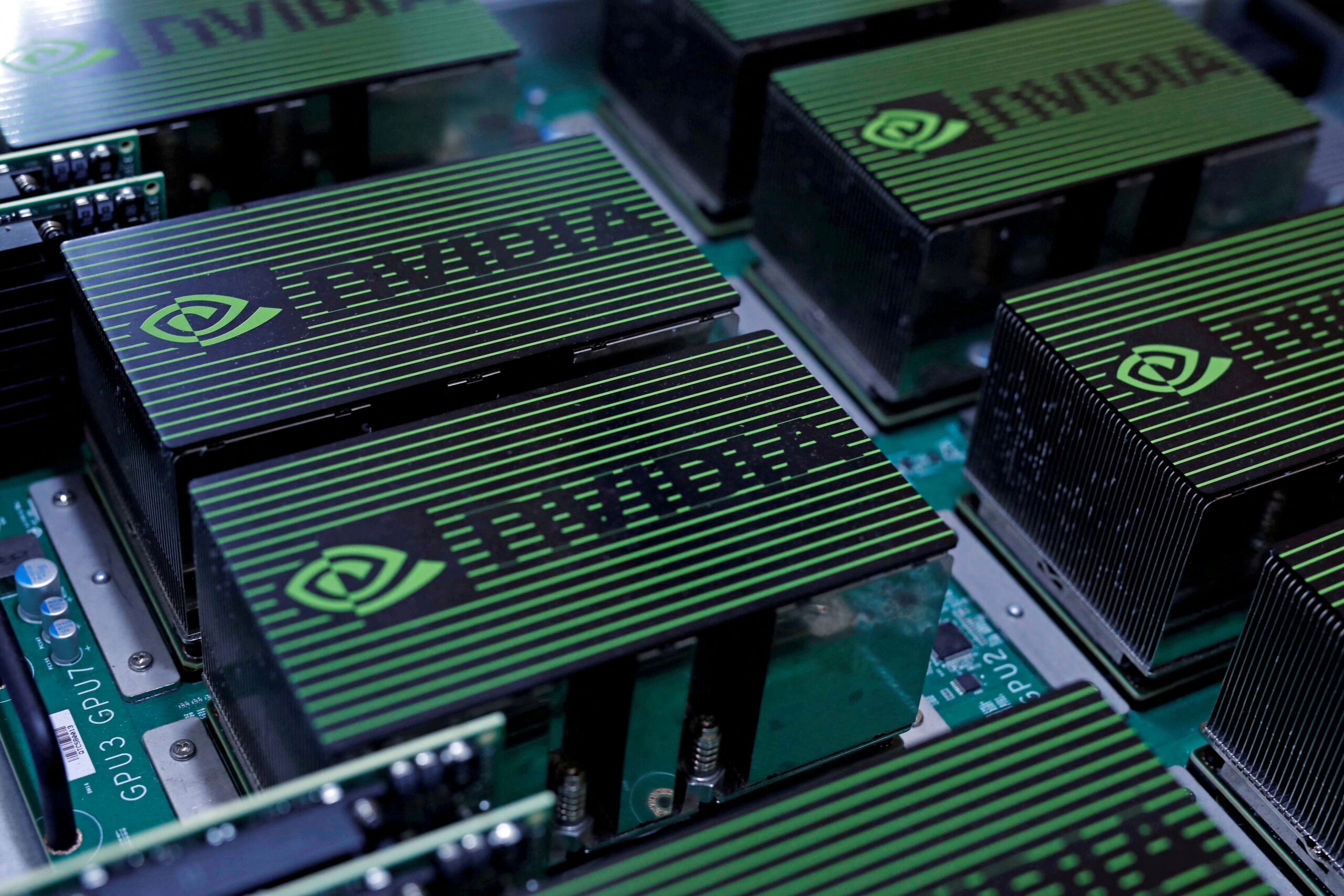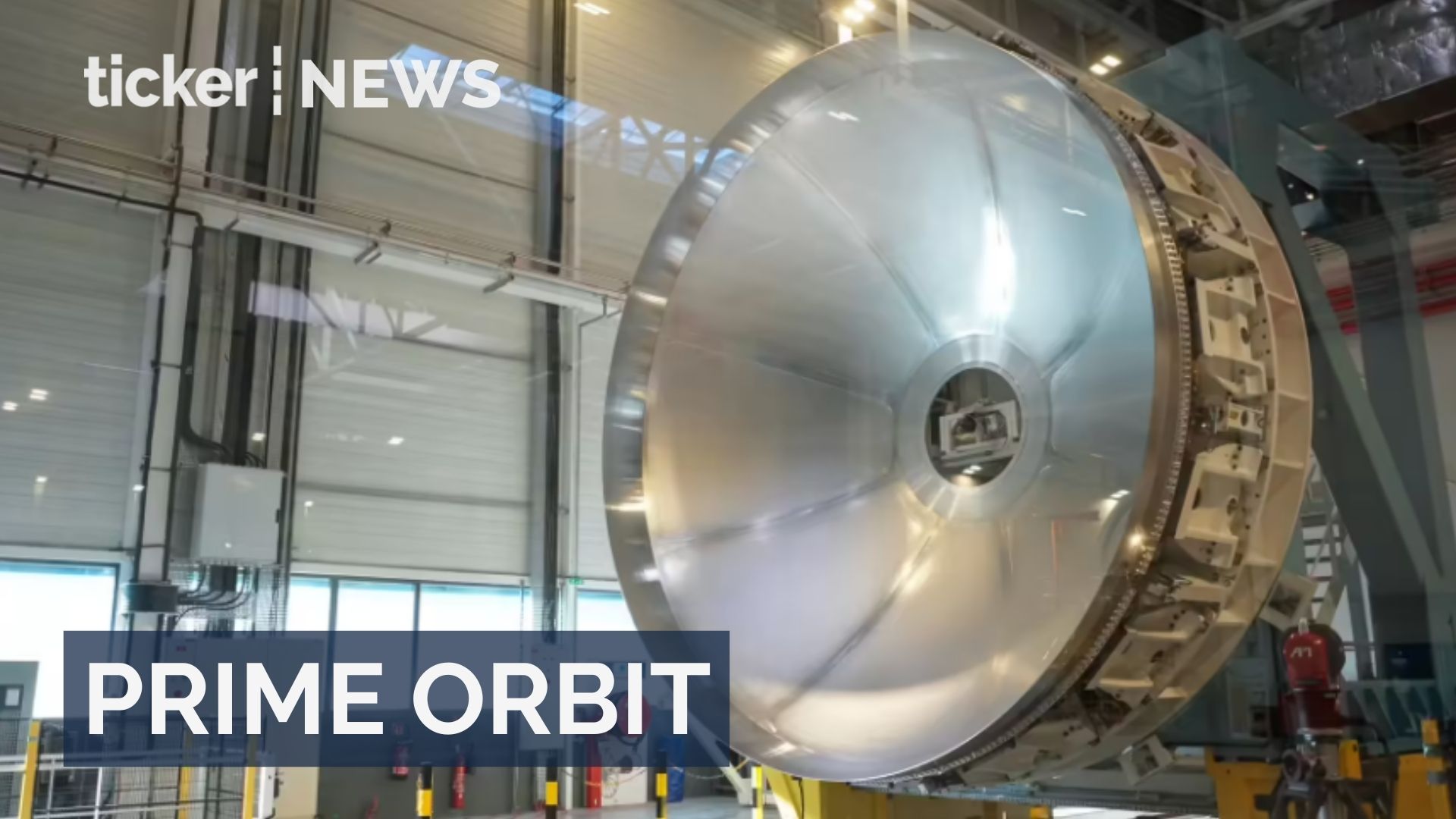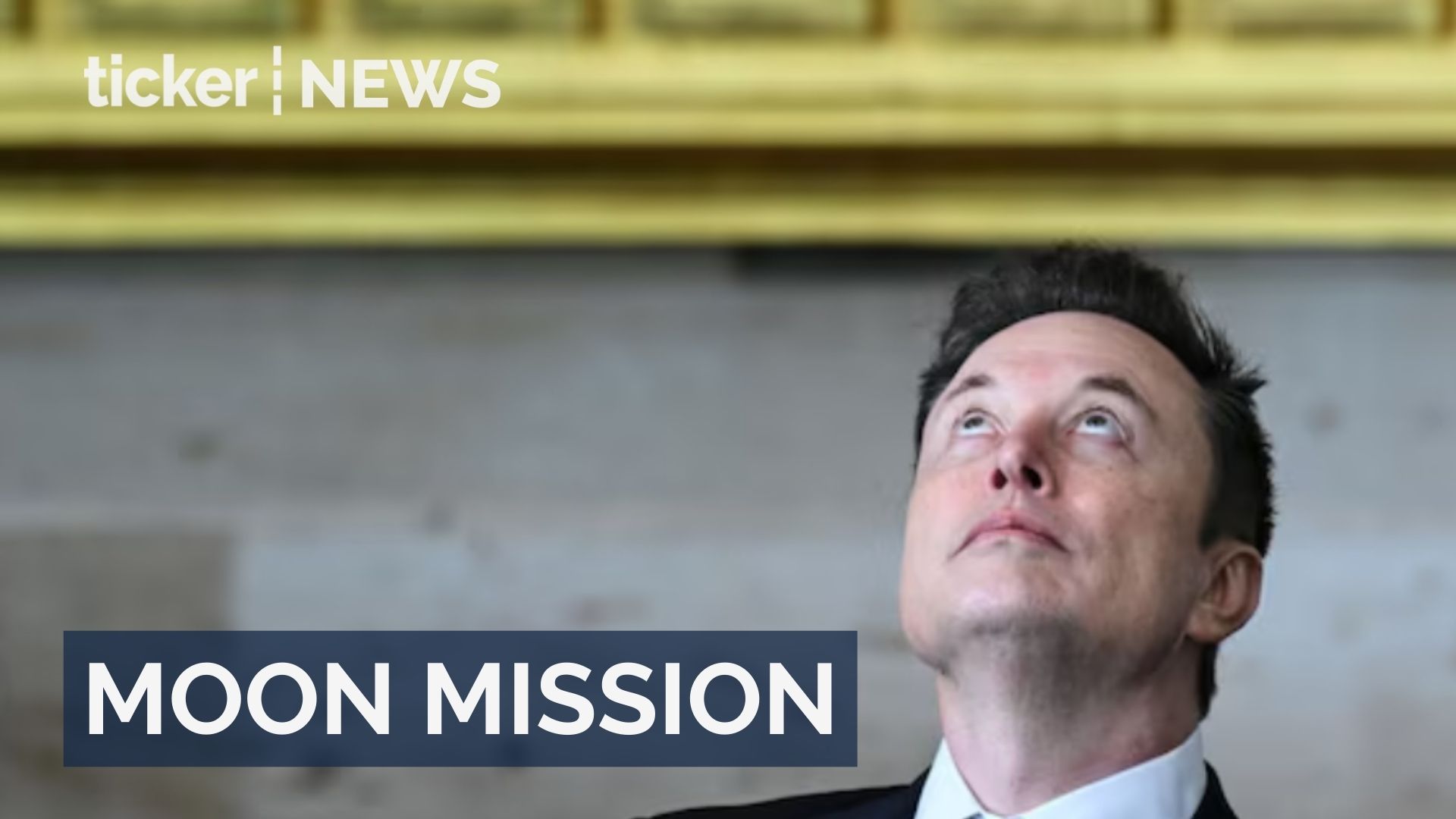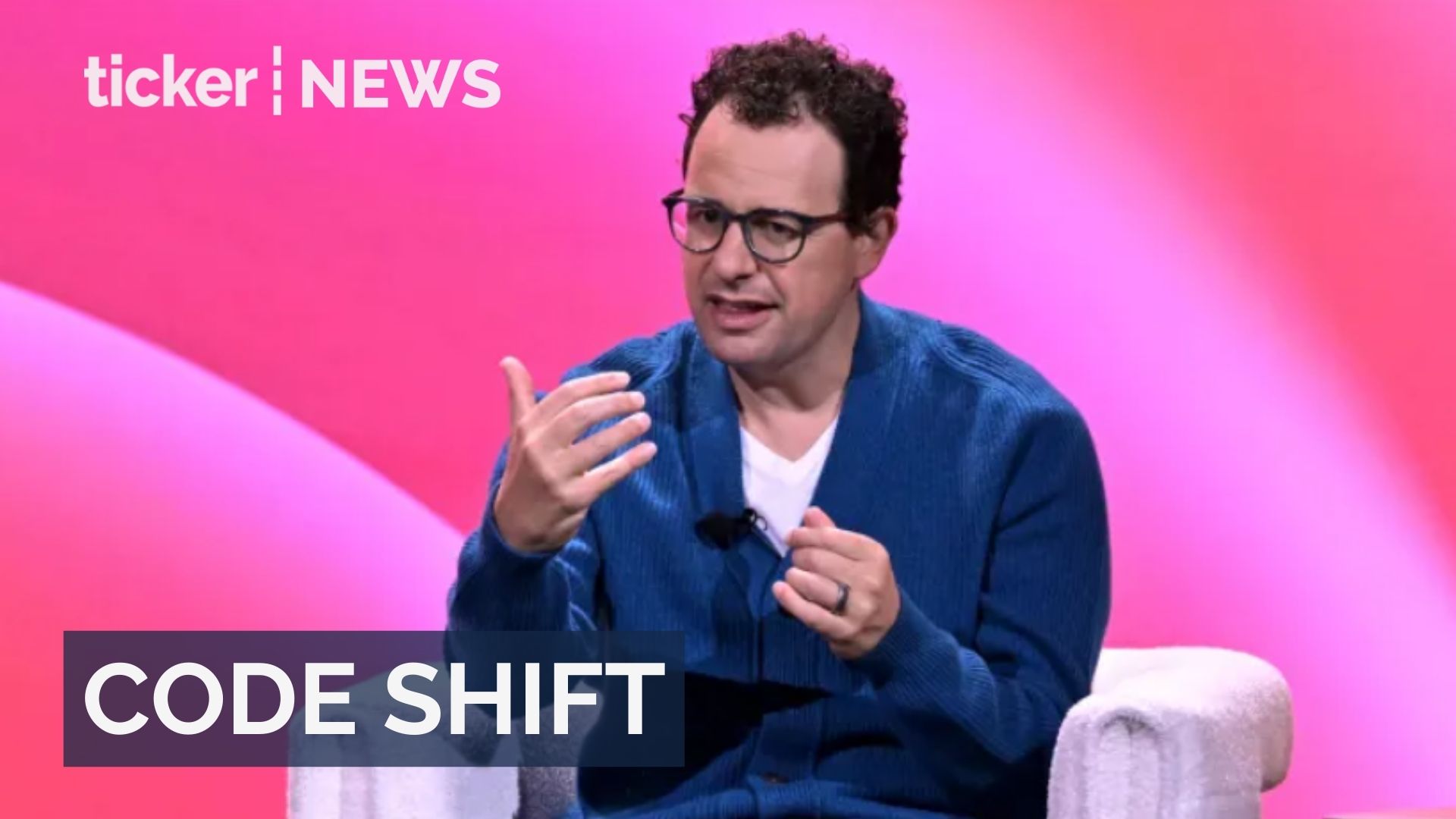Tech
Microsoft hires DeepMind co-founder to lead consumer AI

Tech
Ariane 64 takes flight carrying Amazon’s broadband satellites
Ariane 64’s maiden launch from French Guiana carries 32 Amazon satellites, starting 18 missions to enhance global broadband access.
Tech
SpaceX shifts focus to Moon with ambitious Lunar City plans
Elon Musk shifts SpaceX focus from Mars to a 2027 Moon landing, merging with xAI for AI satellite networks.
Tech
Claude AI is transforming software engineering and productivity
Anthropic’s Claude AI now manages coding tasks, boosting productivity by 50% as engineers shift to oversight roles.
-



 Ticker Views4 days ago
Ticker Views4 days agoIsraeli President Herzog visits Australia amid rising antisemitism
-

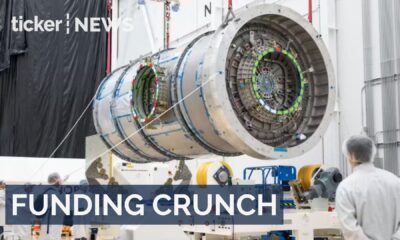

 Ticker Views2 days ago
Ticker Views2 days agoLunar Gateway faces delays and funding debate amid Artemis ambitions
-



 Tech4 days ago
Tech4 days agoClaude AI is transforming software engineering and productivity
-



 Ticker Views2 days ago
Ticker Views2 days agoSouth Korea introduces AI job protection legislation
-



 Ticker Views3 days ago
Ticker Views3 days agoU.S. ambassador responds to NATO criticism at Munich Security Conference
-



 Money4 days ago
Money4 days agoTech stocks slide as investors rotate into small-cap and value plays
-



 News4 days ago
News4 days agoJapan election delivers commanding win for ruling LDP
-



 News10 hours ago
News10 hours agoRussia bans WhatsApp and promotes state-backed messaging app



